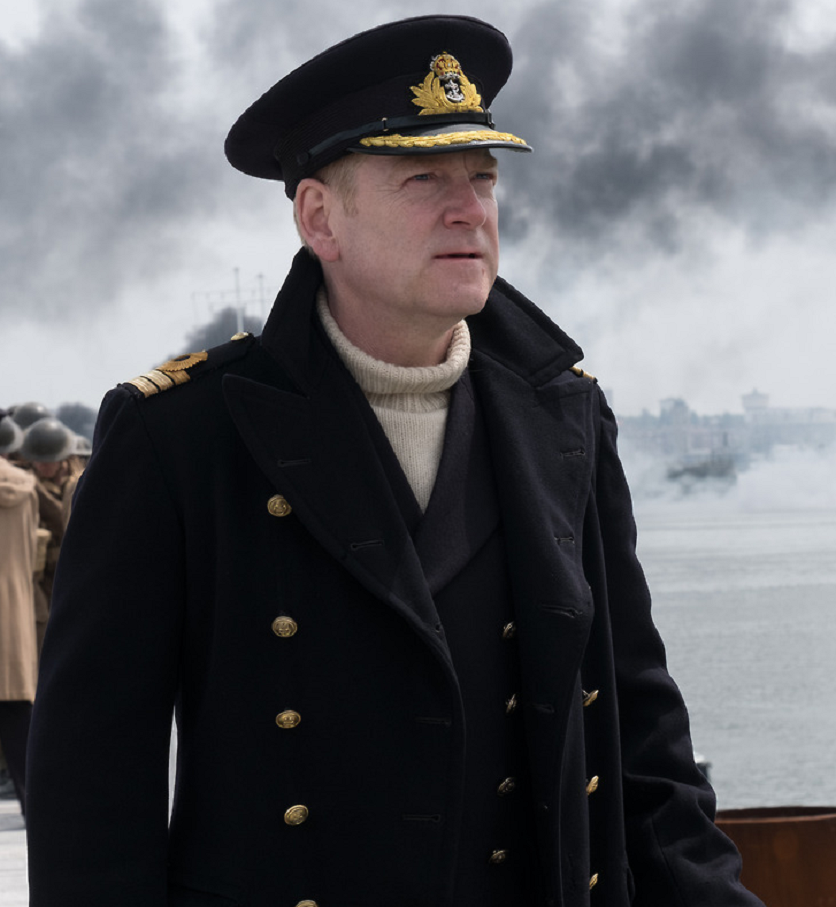Christopher Nolan’s Dunkirk
is much better than the director’s recent work (Interstellar and The Dark
Knight Rises). Rather than boring his audiences with pseudo-intellectual
babble about farming and love overcoming all obstacles, Nolan instead offers an
ode to the determination and resilience of Britain’s Greatest Generation. The
sheer scope and scale of Dunkirk borrows
less from recent war films and more from the 1960s spectacles like The Longest Day and The Great Escape. Nolan fills his movie with recognizable actors whose
characters barely speak, let alone have names. Instead of talking and philosophizing,
they’re primarily interested in staying alive and escaping the onslaught of the
Germans. The result is a film replete with tension that refuses to let the
audience off the hook.
Nolan’s Dunkirk tells
the story of the British evacuation from the eponymous French port in 1940. The
Western front has collapsed and the Germans have overrun the French and English
armies, forcing them into a pocket around Dunkirk. Meanwhile the British navy
is desperately trying to evacuate as many men off the beaches as possible to
prepare for the upcoming German invasion of Britain. Nolan constructs the film
along three parallel stories of land, sea, and air taking place over the course
of a week, a day, and a single hour. The land portion of the film follows the
efforts of two soldiers to make it off the beach. They hide on ships, get
torpedoed, and desperately try to save themselves. The sea portion of the film
features a middle-aged Brit, his son, and his son’s friend piloting the family
boat over to Dunkirk. During their day-long journey, they pick up the lone
survivor of a U-Boat attack. Finally, the air portion takes place over the
course of a single hour as two Spitfire pilots try to protect the Dunkirk
beaches and British ships from German attack.
Dunkirk doesn’t
offer much in terms of characters. Most of them, in fact, are unnamed. Many of
them, especially the soldiers on the beach, barely speak at all. The cast is populated
with lots of famous English actors and musician Harry Stiles (though I couldn’t
tell you what he looks like). Kenneth Branagh and Mark Rylance, two of
England’s greatest Shakespearean actors, have the closest thing to actual
characters. Branagh, armed with a fantastic white turtleneck, plays the naval
commander in charge of evacuating soldiers from the beach. His job is keep
order as the Germans bomb the British army on land and torpedo the British
fleet at sea. Rylance is the civilian sailor who takes his vessel across the
Channel to rescue the stranded soldiers. Standing in for that cliché of
stiff-upper lipped Brit, Rylance conveys determination and humanity in the face
of the shell-shocked U-Boat survivor demanding that they turn back to England.
 |
| That's some strong turtleneck action right there. |
The names of the characters and lack of dialogue don’t
really matter. Dunkirk is about more
than the individual survival of any individual character. Rather it’s about
England’s lowest point during World War 2 and the efforts of the entire nation
to survive. Nolan fills the movie with a constant and never-ending sense of
dread. Whistling bullets kill soldiers on their way out of Dunkirk. German planes strafe the beaches, attacking those waiting
to be evacuated. Those lucky few who make it onto a ship wind up drowning after
being torpedoed. There seemingly is no escape from the enemy. Nolan conveys
this sense of perpetual and inescapable dread without ever showing a single
German soldier until the very end of the film (although the Germans are out of
focus). The Germans are the unseen but seemingly omnipotent enemy.
The film’s ending is a little clichéd, with the requisite
Churchill speech about British resilience in the face of adversity as the
soldiers from the beach find themselves safely back in England. This sentimentality
undermines the effective ending of the air portion that sees Tom Hardy’s
Spitfire pilot guiding his flaming plane onto the beach for a safe landing
after destroying a German plane. After being captured by the Germans, Hardy’s
plane burns in the background. His safe landing lifts the tension that
dominates the film. He—and, by extension, England—survives.

No comments:
Post a Comment